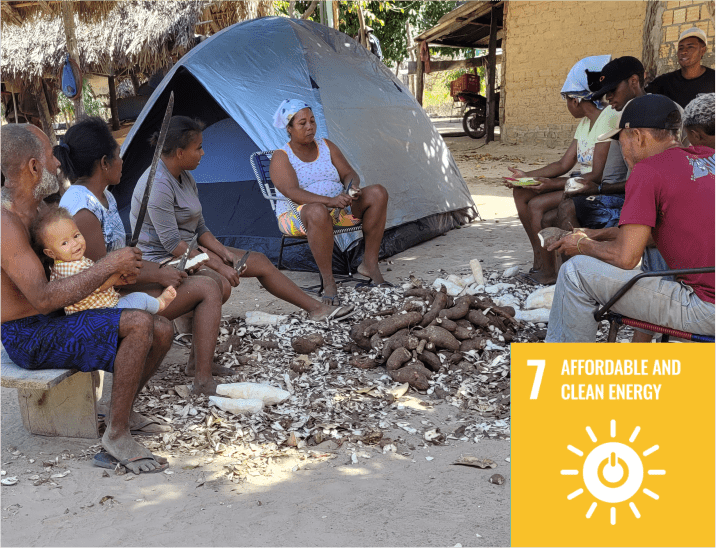SDG Goal 7- Affordable and Clean Energy

Renewable and sustainable sources can lead to reduced greenhouse gas emissions, cleaner air and opportunities for economic growth. Energy transition away from fossil fuels does not only reduce employment and tax revenues from carbon-intensive activities.
The change from fossil fuel to new energy impacts vulnerable communities like CDWDs adversely. Populations like CDWD are at the highest risk for negative consequences from environmentally beneficial policies as often these communities are located at places where fossil fuels represent a large portion of the local economy or where many individuals are not capable of paying for the increased cost of new, cleaner energy.
The example of Brazil illustrates the quagmire. With one of the most diversified energy portfolios in the world, Brazil leads the world in producing energy derived from renewables. It has adopted a policy of diversification of energy supply and production, becoming the seventh country in the world in terms of investments in renewables in 2014.
Quilombola communities are badly affected by wind power projects in Caetité region, Brazil, as they attempt to certify their traditional lands to stop displacement and loss of livelihood triggered by large-scale wind farms. Land grabbing triggered by a wind energy project promoted by Renova Energia has led to conflict and insecurity, with instances of felled fences, houses demolished, and displacement of about 40 families in the community Quilombola Malhada of Maniaçú.

